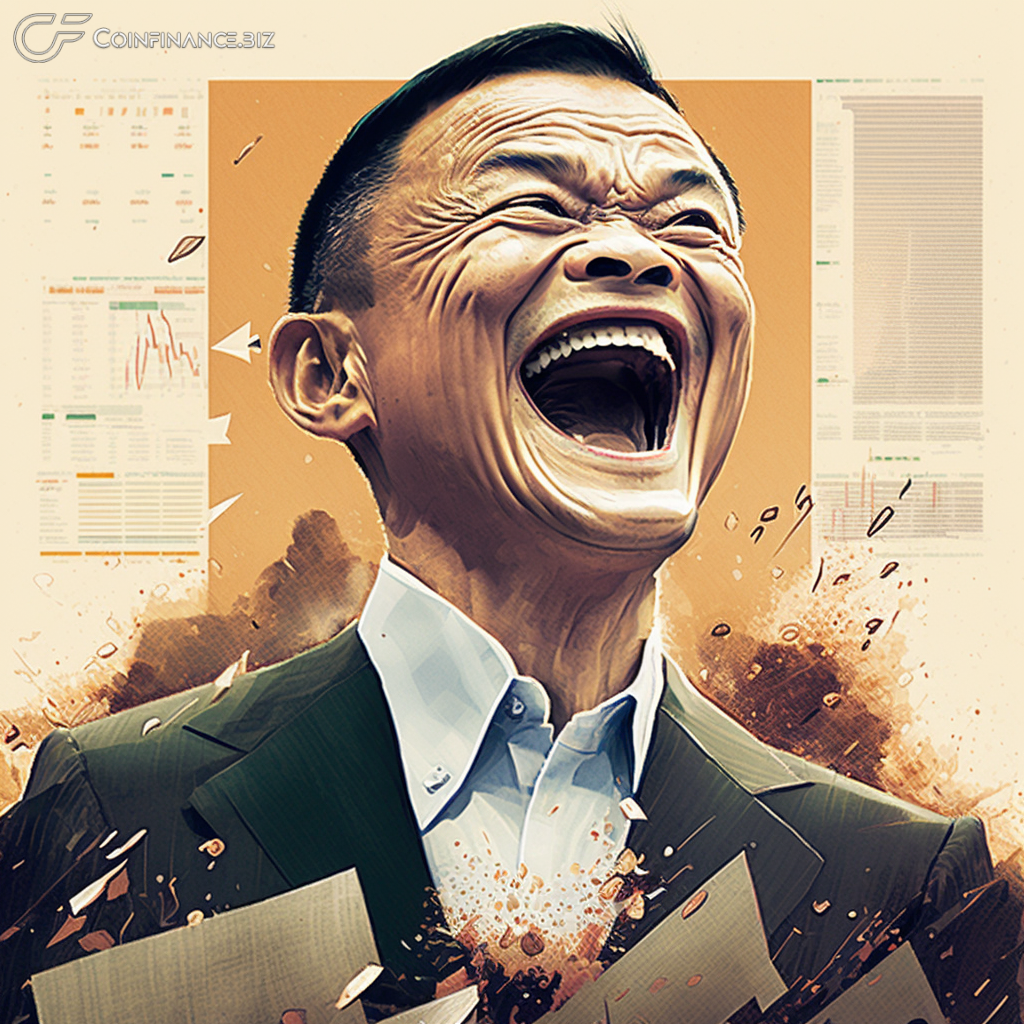In a major revamp, Chinese e-commerce conglomerate Alibaba Group (NYSE:BABA) has announced its plans to split into six units and explore fundraisings or listings for most of them. The restructuring is the biggest in the company’s 24-year history and comes as China vows to ease its sweeping regulatory crackdown and support private enterprises. The decision could also be partly due to the U.S. scrutiny of Chinese tech firms that raised national security concerns over TikTok and its parent ByteDance.
Here’s what we know so far:
The Restructuring Plan
According to Alibaba, the six units are Cloud Intelligence Group, Taobao Tmall Commerce Group, Local Services Group, Cainiao Smart Logistics Group, Global Digital Commerce Group, and Digital Media and Entertainment Group. Each business group will have a CEO as well as a board of directors and will retain the flexibility to raise outside capital and seek an initial public offering. However, Taobao Tmall Commerce Group, which handles China commerce businesses, will remain a wholly owned unit of Alibaba Group. The restructuring will follow a holding company management model, with CEO Daniel Zhang continuing as chairman and CEO of Alibaba Group and also serving as CEO of Cloud Intelligence Group.
Purpose of the Revamp
The original intention of the restructuring is to make Alibaba’s organization more agile, shorten decision-making links, and respond faster. The company aims to tackle the rapid changes in the market, and each Alibaba employee is expected to return to the mindset of an entrepreneur. The restructuring could ease scrutiny over the tech giant whose sprawling business has been a target of regulators for years. The decision could also be an attempt to allay concerns that Alibaba had lost the potential to grow.
Impact on Investors
Investors have responded positively to the news, with Alibaba’s U.S.-listed shares rising more than 10%. The split signals the clearing of regulatory worries and indicates that the Chinese government may be signaling less hostility towards its tech giants. The restructuring could also inject an element of flexibility and adaptability into the company, which is currently a behemoth.
The restructuring is among the biggest corporate moves by a major Chinese tech company in recent years, and it comes at a time when the industry cowered under tighter regulatory oversight, causing deals to dry up and dampening risk appetite among businesses. Alibaba’s shares had received a boost on Monday after founder Jack Ma returned to China, and the restructuring plan could be partly a fallout of the U.S. scrutiny of Chinese tech firms that raised national security concerns over TikTok and its parent ByteDance. The restructuring could ease scrutiny over the tech giant and allay concerns that Alibaba had lost the potential to grow.
